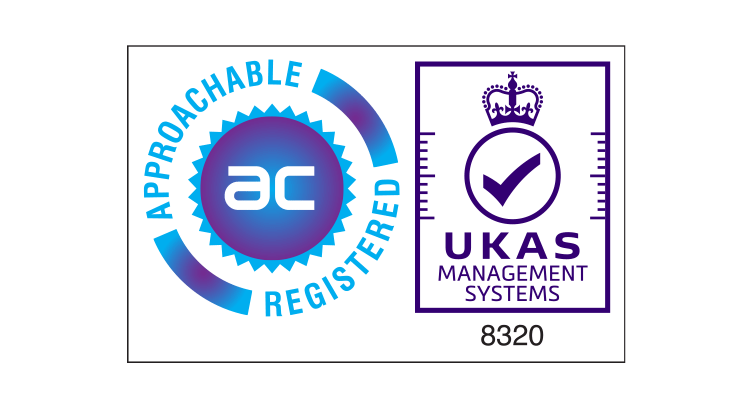“We knew we had an old-fashioned way of doing things and we wanted to improve our service delivery and the work-life balance for our staff, as well as cut carbon output.”
Craig Austin, Assistant Director for Environment, Regulatory and Recreational Services.
Bedford Borough Council is one of the most recent councils to switch to mobile working and the speed, ease and efficiency of the transition has surprised even those leading the project.
Background
Craig Austin, Assistant Director for Environment, Regulatory and Recreational Services, admits that in the past his council had a very traditional way of working. At the 2012 CIEH conference on mobile working , Mr Austin and his team learnt about TotalMobile , a company based in Belfast specialising in creating products to help simplify workflows.
That encounter set in motion a radical modernisation of the whole of the regulatory services and plans are in place to implement mobile working across many other service areas.
‘We knew we had an old-fashioned way of doing things and we wanted to improve our service delivery and the work-life balance for our staff, as well as cut carbon output,’ says Mr Austin. ‘It was time for us to modernise and when we went to the CIEH conference, TotalMobile was there, along with our back office provider Civica. Bedford‘s regulatory services are now unrecognisable from a year ago.’
Two floors of office space have become 25 desks that are booked by staff when needed. Staff only come to the office when they need to, which is far less frequently as most admin functions are now almost totally automated.
Staff meet up away from the council office to touch base. ‘We wanted to produce something where there is not just one way of doing things,’ explains Mr Austin.
What is surprising about the Bedford project is the speed with which such a radical change was implemented. It took just six months to go from project implementation to going live across the whole of regulatory services. The speed of transition is a testament to technological advances since those pioneering days 10 years ago. Today, the team members create much of the system’s functionality and output. Through learning from the experiences of colleagues in other councils that had already adopted mobile working, a far more focused approach was achieved.
‘Initially, we needed to identify what mobile working was not and it was not about giving people a laptop and saying they can work from home,’ points out Mr Austin . ‘For some people, this does not work. We did not want to make the mistake of forcing mobile working onto them, so that they ended up feeling unmanaged and unsupported.’
Bedford previously had documents taking up three rooms’ worth of filing space. ‘We used an electronic document and records management system called Objective so that all the files could be viewed electronically by officers, making sure everything was back-scanned in line with our document and retention policy,’ says Mr Austin. According to Mr Austin , two of the most important elements to get right early on are making sure all staff are consulted and involved in the change from the start and working out exactly what processes staff are involved in and why.
The Bedford team calculated that across regulatory services, staff was required to complete 65 different processes to do their jobs. Analysis showed that they could cut that number down to 19. ‘We found that, from a TotalMobile perspective, things were very similar but just required different coding. A food complaint when compared to a rubbish complaint was actually the same format, just with different information collected and different codes,’ says Mr Austin.
Cost Savings
While not the main driver, saving costs is always part of the story when it comes to mobile working. Bedford is no exception. A regulatory service expects to recoup its
front-end costs within three years.
After that, it is a year-on-year saving driven by reduced administration and stationery costs, along with higher productivity, meaning there is no more need to bring in freelance EHPs. Reduced office space is also set to become a revenue earner for the council, with council space about to be let out to other agencies.
The Bedford experience demonstrates how involving staff from the beginning is key to managing change when switching to mobile working. ‘Change makes people unsettled so we listened to a lot of people. We had staff consultations, making sure they were involved from the start,’ says Mr Austin.
One of the greatest changes since the beginnings of mobile working includes the ease with which different systems now communicate with each other and the control the client has in adapting the functionality of the system. With technological developments likely to keep on apace, the exciting question now is: what will change over the next decade?
This article was first published for environmental Health News – www.cieh.org







